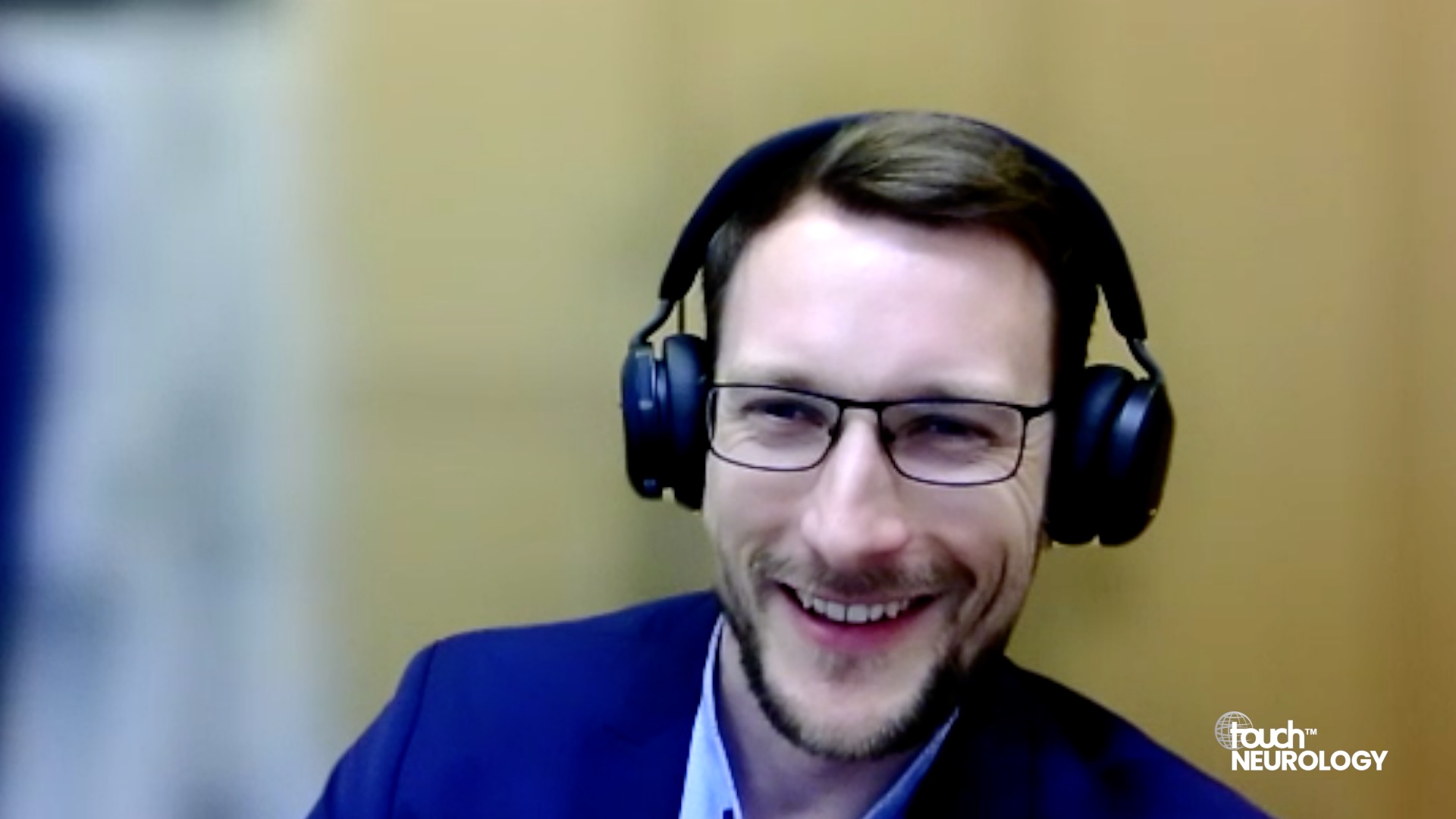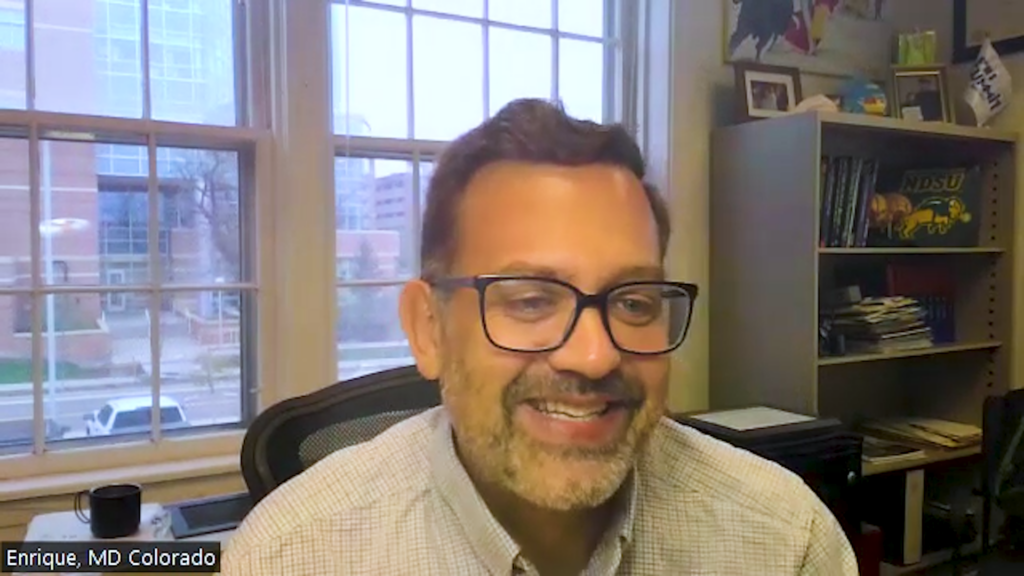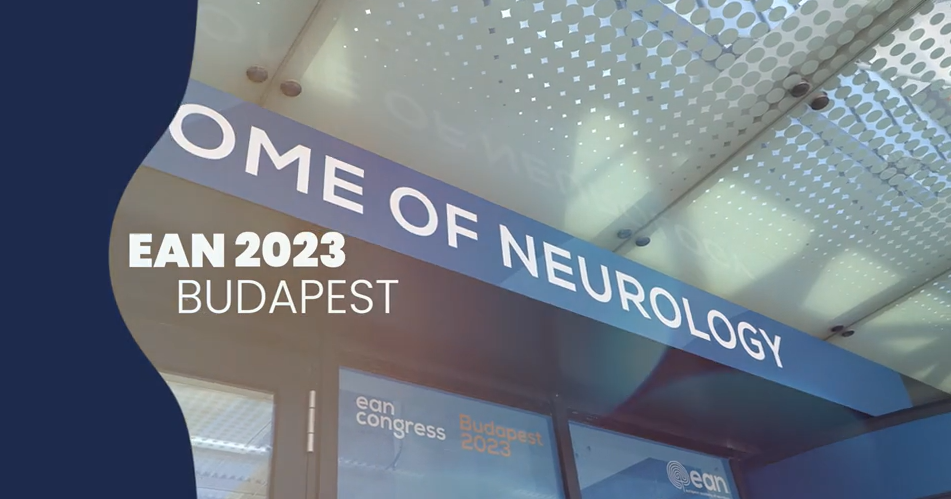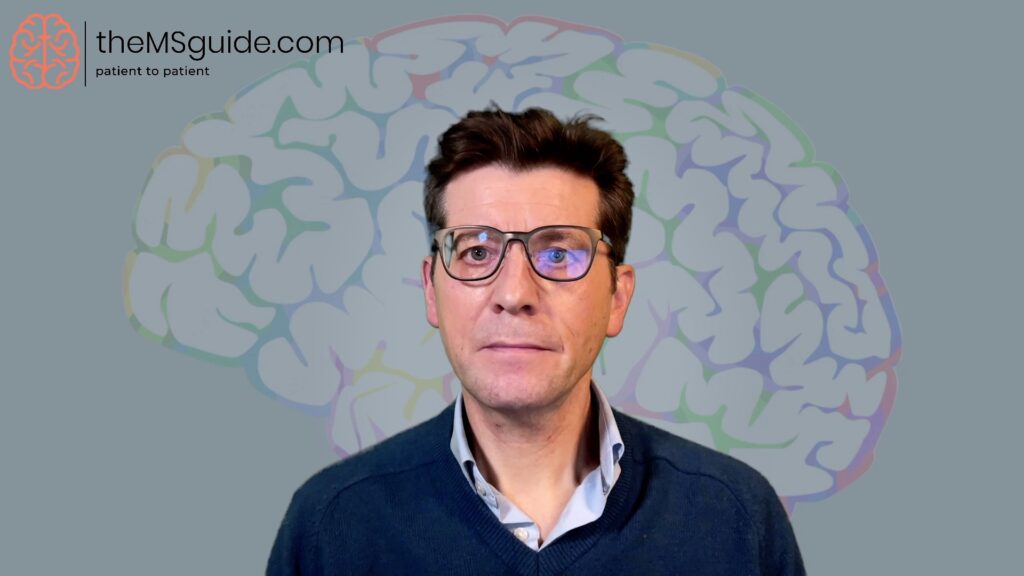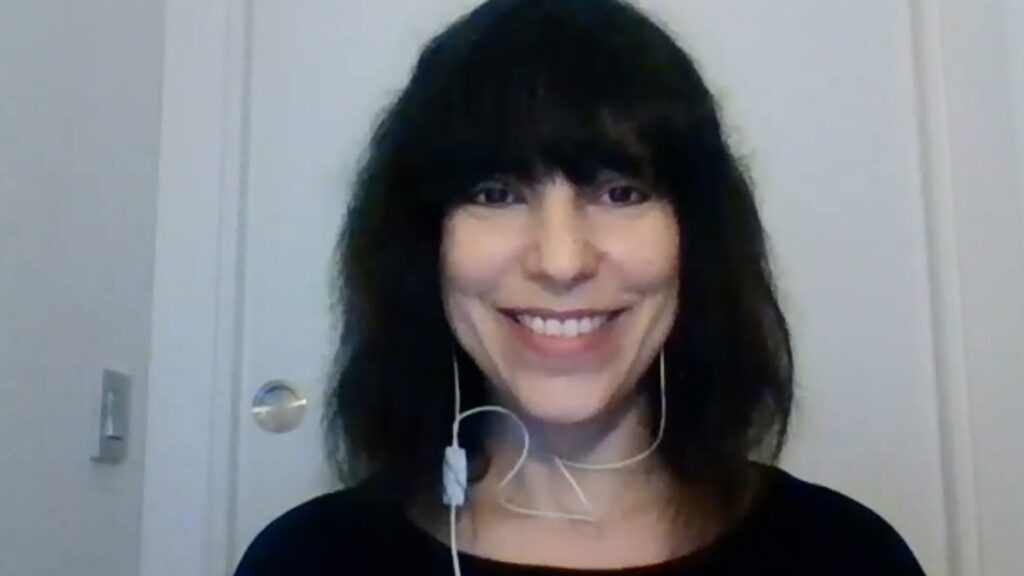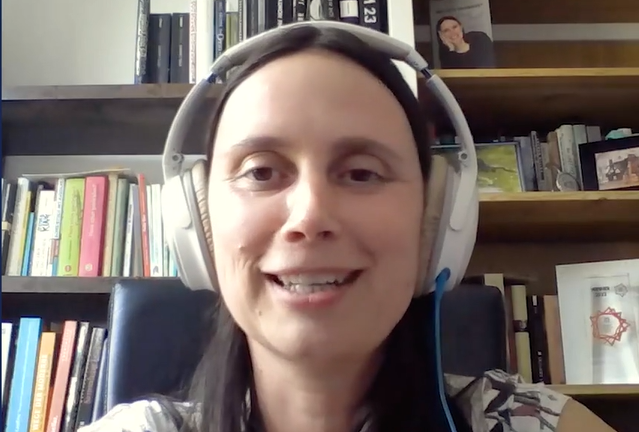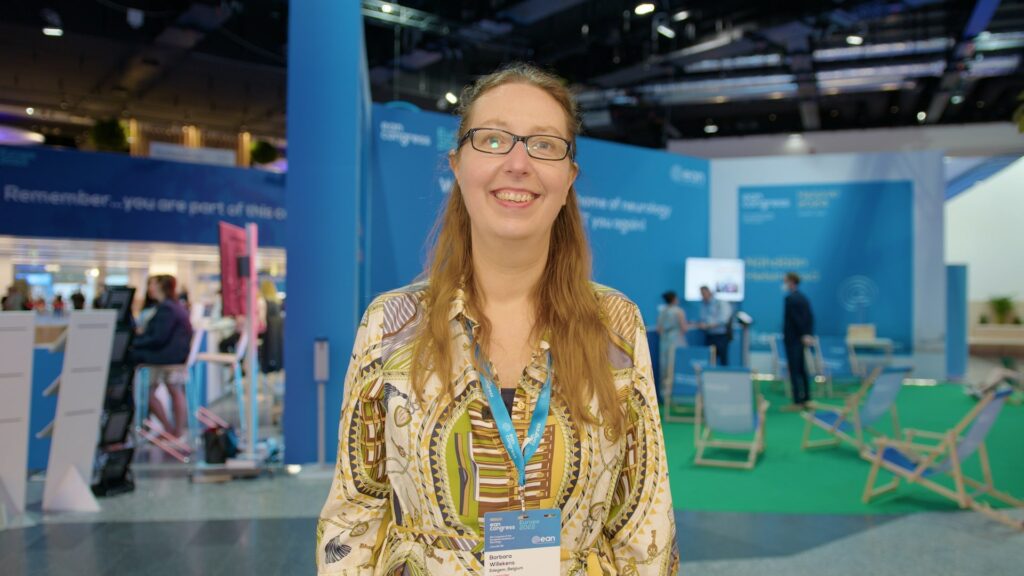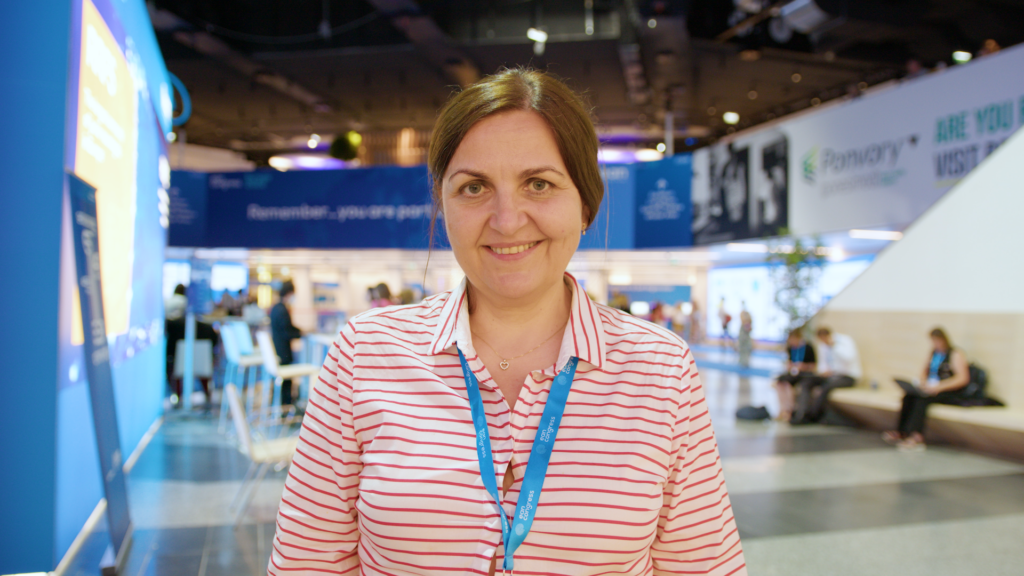It was an honour to speak with Ludwig Kappos (University Hospital Basel, University of Basel, Basel, Switzerland) around his presentation, a sub analysis of the OPTIMUM study (ClinicalTrials.gov identifier: NCT02425644), entitled: P0071 – Effect of oral ponesimod on clinical disease activity and MRI-based outcomes in patients with relapsing multiple sclerosis: Phase 3 OPTIMUM study.
Questions
1. What are the advantages of ponesimod compared with other sphingosine-1-phosphate receptor modulators, and which patients are likely to benefit most from it? (0:06)
2. How has the use of NEDA as a clinical endpoint changed attitudes and strategies in the management of relapsing-remitting multiple sclerosis, and what are its limitations? (3:02)
3. How do you expect clinical endpoints in multiple sclerosis studies to evolve in the future? (6:34)
See also the 1st part of this interview here.
Disclosures: Dr Kappos reports receiving grants from Actelion, Allergan, Almirall, Baxalta, Bayer Healthcare, Biogen, CSL Behring, Desitin, Eisai, Excemed, Genzyme, INNO Swiss, Japan Tabacco, Merck, Novartis, Roche, Pfizer, Receptos, Sanofi, Santhera and Teva; other from Neurostatus; and grants from the European Union, Roche Research Foundation, Swiss MS Society and Swiss National Research Foundation.
Support: Interview and filming supported by Touch Medical Media.
Filmed as a highlight of the Joint ACTRIMS-ECTRIMS Meeting, MSVirtual2020.

